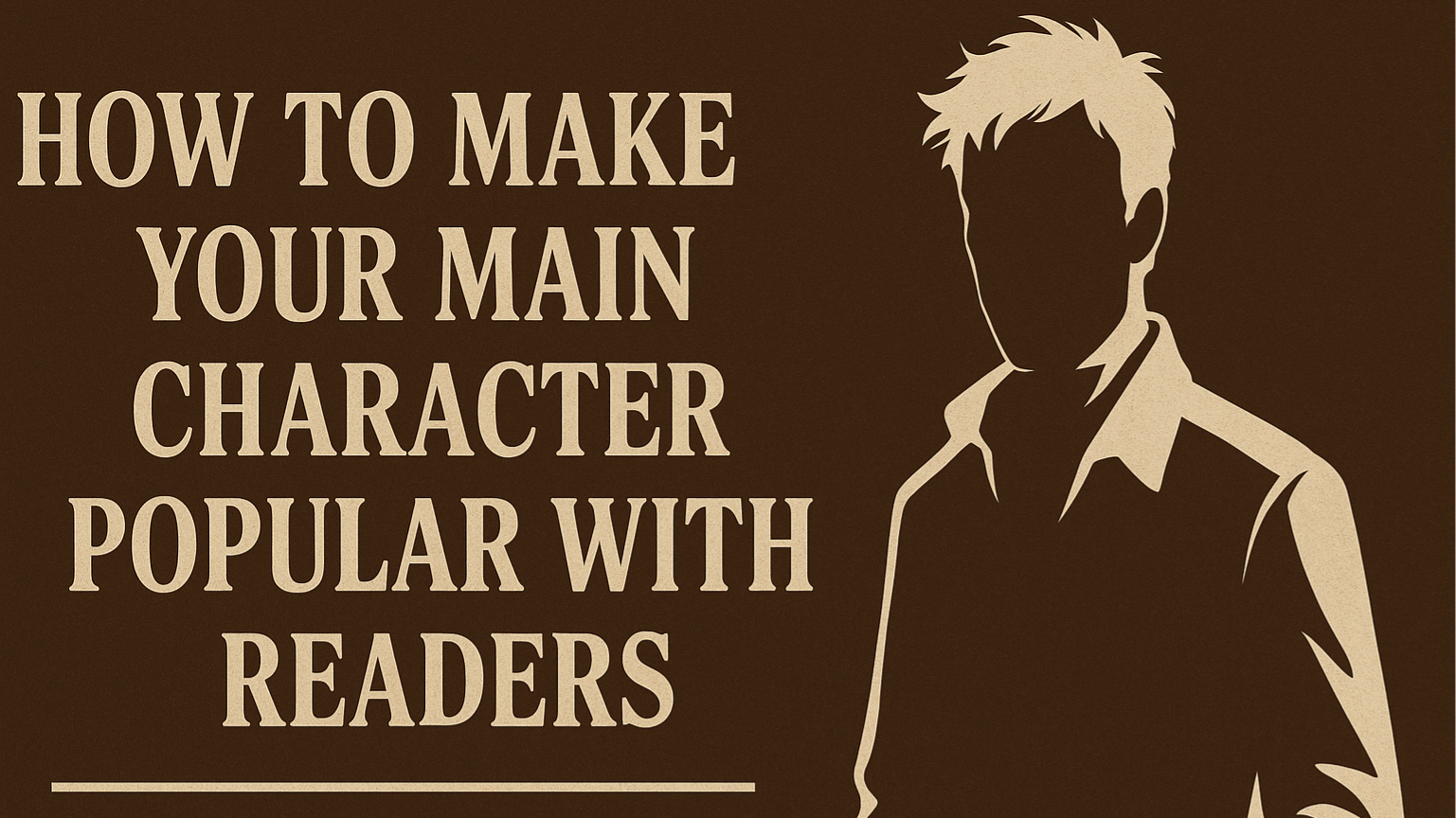Making your main character popular

The feedback on my main character, Mikko, has been less than positive in many respects.
Initially he was criticised as being too passive, which I am now addressing. Another critiquer described him as 'he may be a good soldier but he is not a good person. Not someone to admire'.
Gulp.
So I need make Mikko someone the reader will want to root for. If not, why should they read my book?
How to Make Your Main Character Popular With Readers (Without Selling Your Soul)
Ah, the eternal writer’s conundrum: how do you create a main character readers love—without making them so perfect they belong in a toothpaste advert?
Whether you're writing historical fiction, sci-fi, or a grimdark epic where nobody survives past chapter three, your protagonist is the reader’s anchor. A weak or unlikable one, and the whole narrative drifts off like a barge in the fog.
But here's the good news: your main character doesn’t need to be perfect. In fact, they shouldn’t be.
They just need to be compelling.
Let’s unpack that, shall we?
1. Give Them a Spine (Flawed or Otherwise)
Readers don’t fall for characters who are good at everything. They fall for characters who want something—and are willing to fight for it, fumble for it, or make morally questionable choices to get it.
Whether it’s redemption, revenge, love, or simply a loaf of bread, your character needs a clear motivation. A passive protagonist is a literary sleeping pill.
Think:
-
Mikko Kivinen (yes, shameless plug) doesn’t just drift through the Spanish Civil War hoping things turn out. He wants something—even if that something is survival wrapped in a veneer of philosophical detachment.
-
Jane Eyre wants love, but not at the cost of self-respect.
-
Captain Ahab wants vengeance, which… ends as well as you’d expect.
2. Let Them Fail Brilliantly
Success is overrated. It’s the failures—and how your character responds to them—that make them memorable. Let them make mistakes. Let them misjudge people. Let them lose, especially when it costs something.
Readers admire resilience. They respect vulnerability. They love someone who keeps going, bruised but unbowed.
3. Wit and Voice Go a Long Way
You can get away with a lot if your protagonist is fun to listen to. A dry sense of humor, a clever turn of phrase, or just a unique way of seeing the world can elevate a character from “reasonably competent” to “I’d follow this person into a burning Zeppelin.”
Voice creates intimacy. It’s not about being quippy—it’s about authenticity. A character who observes the world in a distinct, emotionally resonant way becomes someone readers feel like they know.
4. Surround Them With Contrast
A popular main character needs contrast to shine. Give them foils, rivals, sidekicks, and nemeses who challenge them. A courageous character seems braver when surrounded by cowards. A morally grey one stands out against the pure or the corrupt.
Dynamic relationships frame your protagonist and draw out their qualities. Don’t just build a hero—build a stage where they stand out.
5. Let Them Change
Readers are more forgiving of a difficult character if they grow. Redemption arcs, disillusionment arcs, self-discovery arcs—whatever form it takes, readers love to see characters evolve.
Even if your protagonist ends up worse off than when they started, that movement—however tragic—feels honest and satisfying.
6. Be Honest About Their World
This is especially true in historical fiction. Don’t write a 16th-century pirate who thinks like a 2020s activist unless you’re doing it deliberately. Let your character be a product of their time—but give them just enough awareness, or friction, that readers today can connect.
A protagonist who struggles with the values of their world becomes a bridge for modern readers.
Final Thought: Make Them Worth the Reader’s Time
Popularity doesn’t always mean likability. Some beloved protagonists are bastards (see: Thomas Cromwell in Wolf Hall). Others are noble but naive. What matters is that they matter—that readers are invested in their choices, their fate, and their flaws.
So don’t try to make your main character universally appealing.
Make them necessary.
Let readers miss them when the book ends.
Want to see this in action? After a few edits, you'll meet exactly that kind of character in And the Devil Just Laughed, where idealism and irony go to war on a Spanish hilltop. Mikko Kivinen isn’t perfect—but I'll make him someone you won’t forget.